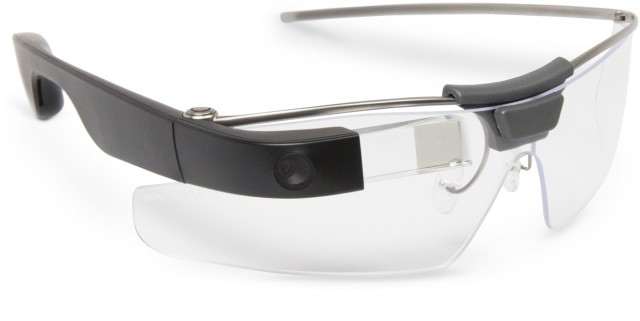
Glass Enterprise Edition is super expensive
One of the main reasons why Google Glass failed to take off was because of its crazy price tag. It was hard to get consumers to embrace a new type of gadget when it cost $1,500 and offered questionable benefits.
The new Glass Enterprise Edition may be after a different crowd, but its price has not changed much. A listing on a partner vendor reveals that business customers can expect to pay €1,550 (about $1,830) for a single device with a bundled app.
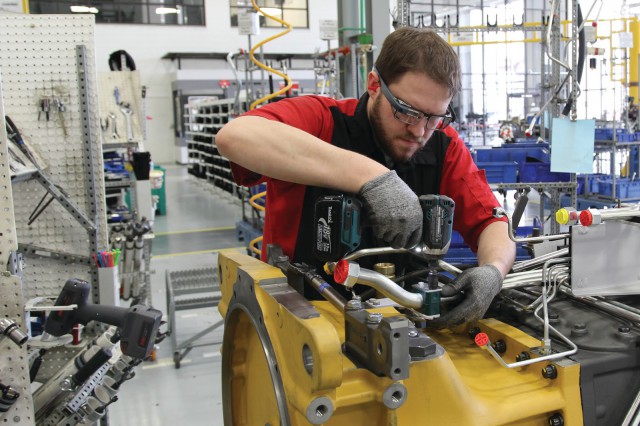
Google Glass Enterprise Edition is here
Google Glass was long expected to make a comeback, but it is not until today that the search giant officially announces a new version of the controversial headset. It's called Enterprise Edition and, just like its name suggests, it is designed with business users in mind.
We heard about the Enterprise Edition back in July 2015, half a year after Google discontinued the commercially-available Explorer Edition, and since that time the search giant says that it has tested the headset as part of a limited program open to select businesses.
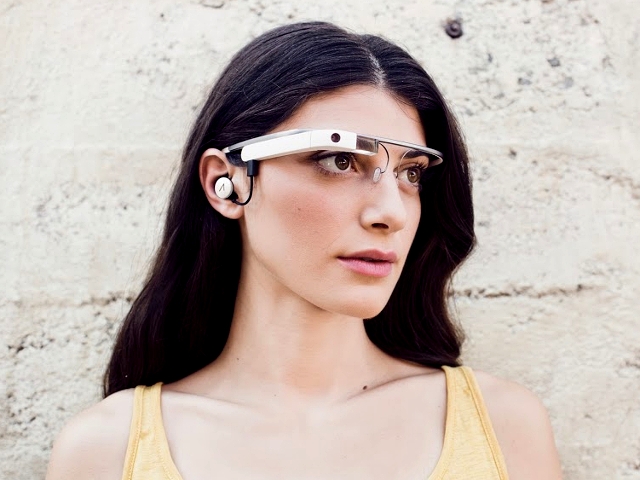
Google Glass: Not the failure it's made out to be?
Failure. Disaster. Flop. These are just a few of the words used to describe Google’s foray into wearable and augmented reality technology known as Google Glass. When the first videos of Google Glass were released to the public, they sparked the imaginations of millions. Many began to dream up fascinating new applications for this innovative technology. Just think of how it would impact businesses! How would our everyday lives change with this powerful device going with us wherever we went? The possibilities were staggering, and a revolutionary change in how the world works appeared to be right around the corner.
As we now know, Google Glass is little more than a footnote. From the way most tech blogs describe it, Google’s amazing new device failed to live up to expectations. It never caught on with businesses or the public at large, and the result was a disaster the likes of which Google isn’t familiar with. In fact, many websites are urging companies pushing similar devices to do everything they can to avoid Google Glass’s mistakes. If there’s one thing to learn from the Google Glass phenomenon, it’s that Google struck out with this attempt.
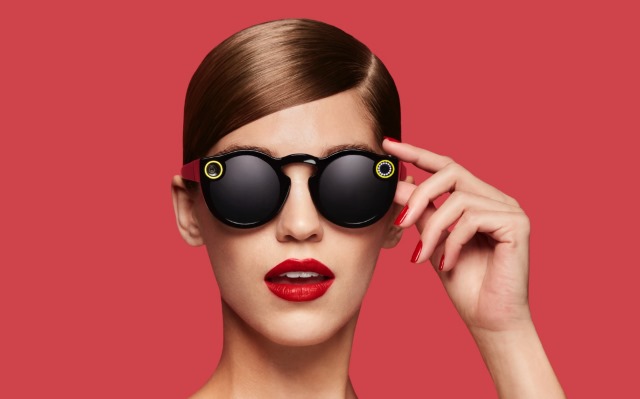
Snapchat rebrands as Snap Inc and announces Google Glass competitor called Spectacles
Snapchat today makes two big announcements, the first of which is that it is no longer called Snapchat. The company is starting to branch out into products and services beyond the Snapchat app and therefore decided it is time to drop 'chat' from the name. Snap Inc is the new company name.
The second announcement is a new product called Spectacles. These are sunglasses with an integrated video camera offering a 115-degree field of view. There's no word on exactly when it will be released, but the marketing machine is already in motion, building up momentum and drumming up interest.
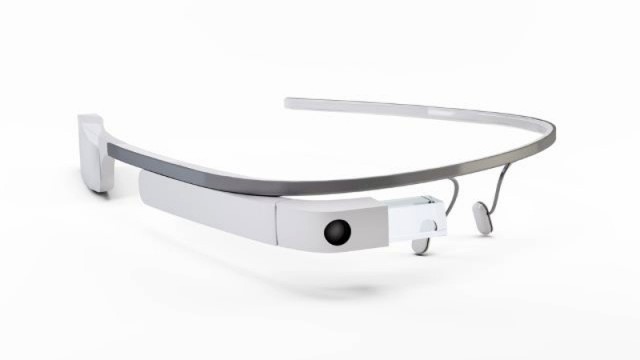
Google Glass now only targets the enterprise market
When Sergey Brin first wore Google Glass on stage in April of 2012, it seemed like the future was upon us. Excitement and hype continued to build for its consumer release when early versions of the product were distributed to the lucky few who were accepted into the Google Glass Explorer program in 2014.
Sadly though after two years of #throughGlass posts, the social media accounts of Google Glass including its Google+, Twitter, Instagram and others were all shut down this week. However, Google Glass is not dead. Instead Google has shifted the products’ focus from consumers to enterprise.
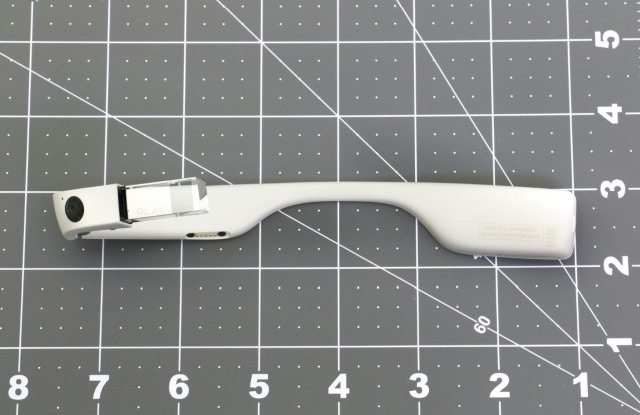
Now that Google Glass is enterprise-only, it is more appealing than ever
The first generation of Google Glass spectacularly failed to get off the ground despite a long beta period. The second generation is on the cards, and it has an enterprise focus which serves only to make the hardware even more appealing. There's no release date, or even a vague schedule for release, yet, but images of the next version of Google Glass have appeared online.
A new filing with the FCC shows just what we can expect from the next version of Google Glass, and it's extremely promising. While there's no suggestion of a consumer model being released, what we learn about the enterprise edition will serve only to make it more appealing to the masses -- great looks, a foldable design, and a larger display. Will Google bow to the pressure that's almost certain to mount and try again with a consumer version?
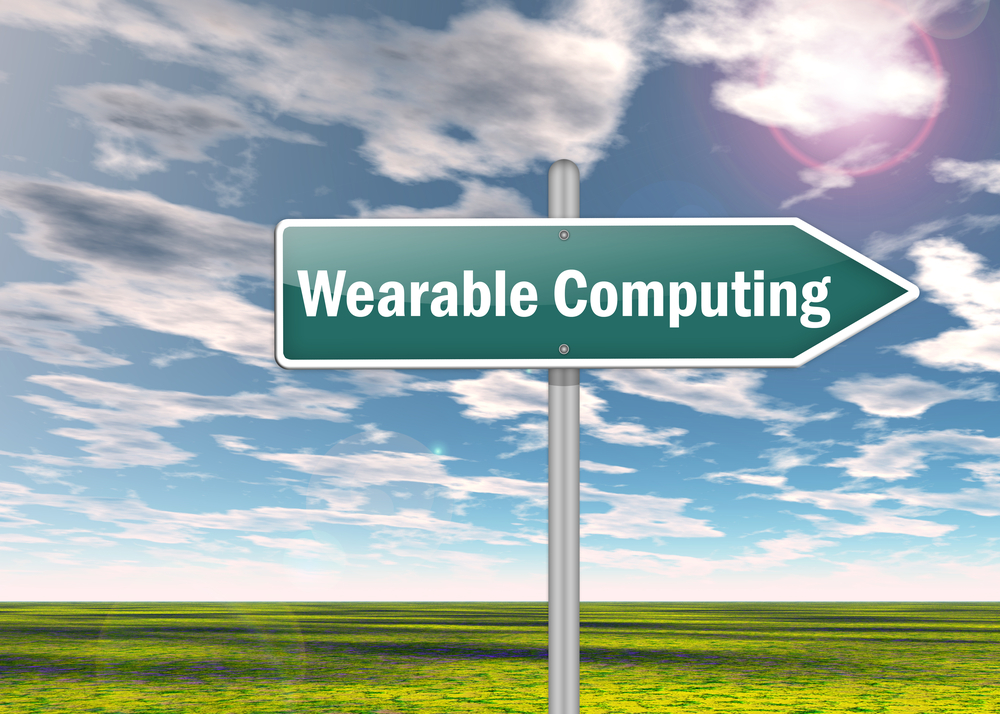
Healthcare offers major opportunity for wearable technology
According to a new report from research company IDTechEx the wearable market will be worth over $24 million this year. But much of this is for existing technology like smartwatches and fitness trackers.
Where are wearables headed in future though? According to the report the biggest opportunity is in medical and healthcare applications. Including blood glucose monitoring, healthcare is already the largest single sector by revenue in wearable technology and is likely to stay that way.

Google Glass' future is in the enterprise
Rumors are growing that Google Glass is about to make a return. Back in January, the search giant announced that the commercially available Explorer Edition was being discontinued. Although the company would surely have liked more consumers to take the plunge, its £1,000 price tag deterred many. However, Google Glass has not been killed off but is merely lying dormant, with Google claiming that it has learnt much from its Explorer program, using it as a kind of "open-beta".
Sources now indicate that Google Glass Enterprise Edition will soon be launched, targeting the business environment. Although there has been no official word on the release, Google has confirmed that the next iteration of Glass is in development and targeting the enterprise landscape actually makes a lot of sense.
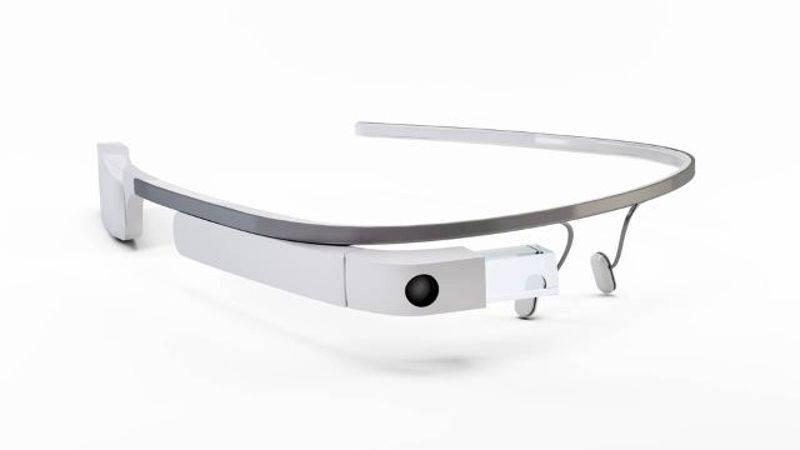
Google Glass is far from dead
If you thought Google Glass was dead, well, it isn’t – the big G still has plans for its wearable, even though the Explorer Program was shelved earlier this year, and any consumer plans seemed to ditch in flames with this move.
However, Google’s outspoken Executive Chairman, Eric Schmidt, has been talking to the Wall Street Journal and saying that Glass is far from lying shattered on the floor.

5 main reasons why Google Glass failed
Google pulled its wearable headset last week after under two years in the wild that saw it aim to revolutionize the way we use technology.
In truth, people were writing the obituaries for Google Glass way before it finally got canned. Google says it eventually intends to bring out a new version of the Glass, but let’s look at the five reasons why it didn’t prove a success this time around.
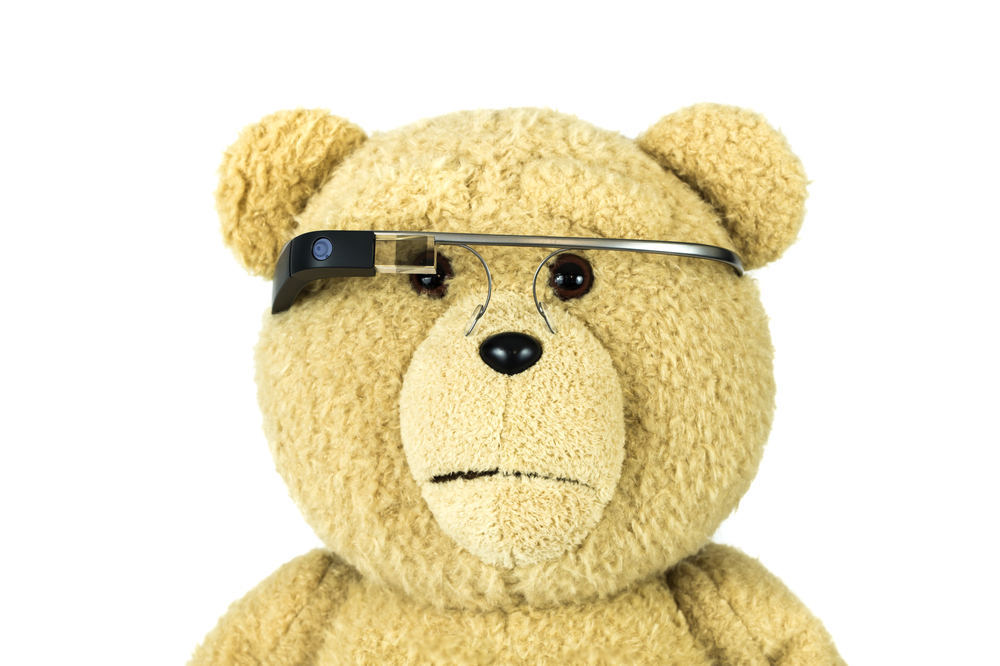
Google Glass is dead -- will anyone mourn its passing?
Google Glass was an interesting project, but now it is no more. It never really took off, and was never likely to. It was ahead of its time -- promising much, but never quite delivering. Along the way it encountered numerous stumbling blocks -- it cost a fortune, made you look daft, and could well result in you getting mugged, or thrown out of a cinema if you tried to wear it while a film was on.
Google has said that it will stop producing Glass in its present form, and will instead focus on "future versions", but that’s just the search giant’s polite way of avoiding saying the project is dead, and the Glass team will be using its corpse as a stepping stone to something new.

The future of wearable technology in 2015
Like it or not, wearable technology seems to be here to stay. 2014 saw many advances for the Pebble smartwatch, Google Glass stayed in the game, though remained out of the price range for most consumers. Android Wear debuted with several brands offering differing form factors. But where does this new product line head off to in 2015?
For starters, there is Apple, which announced its offering recently, though it won't be available until next year. That one is, like anything announced by the Cupertino-based company, greatly anticipated by a certain group of people. And like other Apple products, it will also be overpriced in a market where you can buy a Pebble for $99.
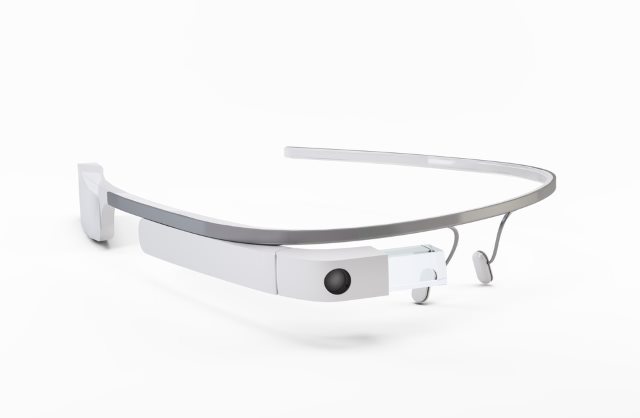
Google Glass adopted by Edinburgh Airport staff as wearables explode in popularity
At the airport, it's normal to see customer service staff equipped with phones, walkie-talkies and perhaps a tablet. Passengers travelling to and from Scotland who pass through Edinburgh airport will soon find that they are greeted by staff adorned with Google Glass. Google's wearable specs are to be trialled in the Scottish airport in a bid to provide more help and information to travelers.
Customer support representatives will be able to call up flight details and answer queries using the head-mounted Android-powered hardware.
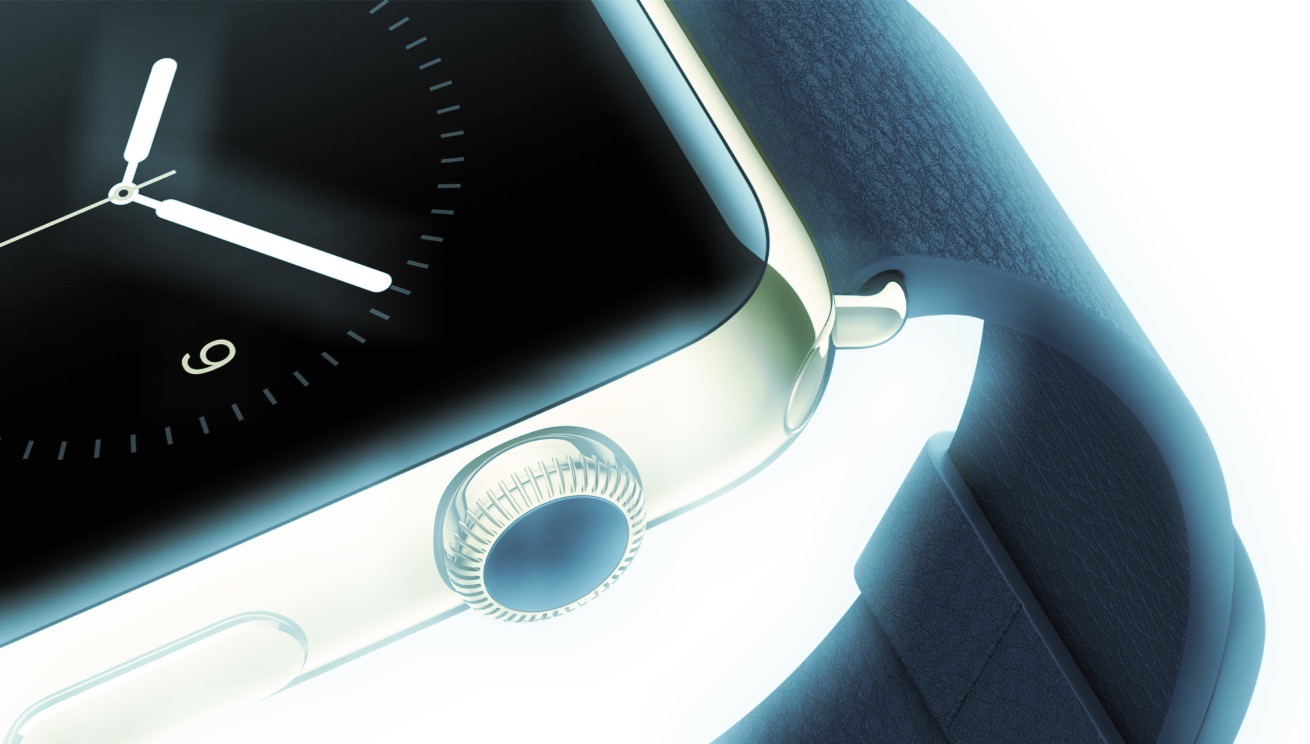
Is Apple Watch out of time?
I am reluctant to criticize unreleased Apple Watch because my analysis about original iPad -- given before seeing it -- was wrong. That said, Android Wear, while seemingly sensible comparison that analysts, bloggers, and journalists make, isn't right. When put in perspective of next-generation wearables, I think Apple Watch should be compared to Google Glass.
Be honest. Which looks more innovative to you? The utility of something you see at eye level that provides real-time, location-based information is much greater than something that demands more responsive -- "Hey, Siri" -- interaction and turns the glance and fingers downward. Granted, Apple Watch delivers alerts, and you feel them, but your attention is always to look away.
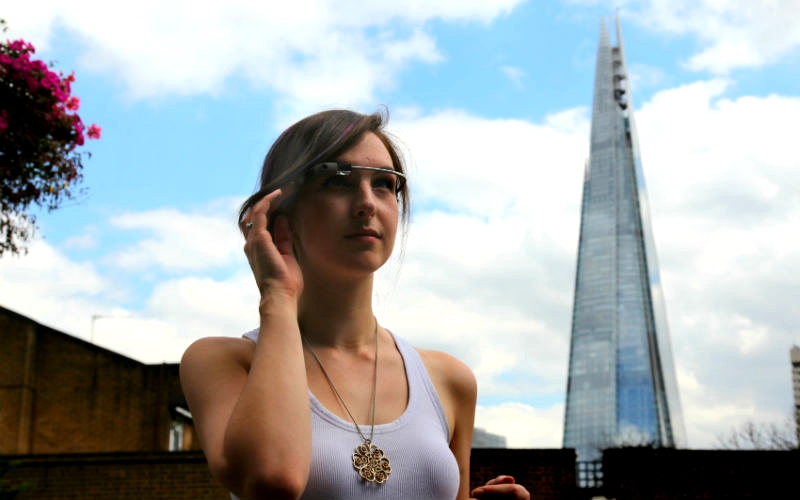
Google Glass: The pinnacle of wearable technology? [Review]
Begin a sentence with the phrase "most anticipated gadget ever" and tradition dictates the words "Google" and "Glass" must follow shortly after.
Unceremoniously launched into public consciousness from a plane hovering over Google I/O, Google Glass has been one of the hottest topics in tech since 2012. Two years on and the smart specs are still the gadget every technical guru desires; to some it's "an overwrought headband", to others it's the wearable future of modern technology.
